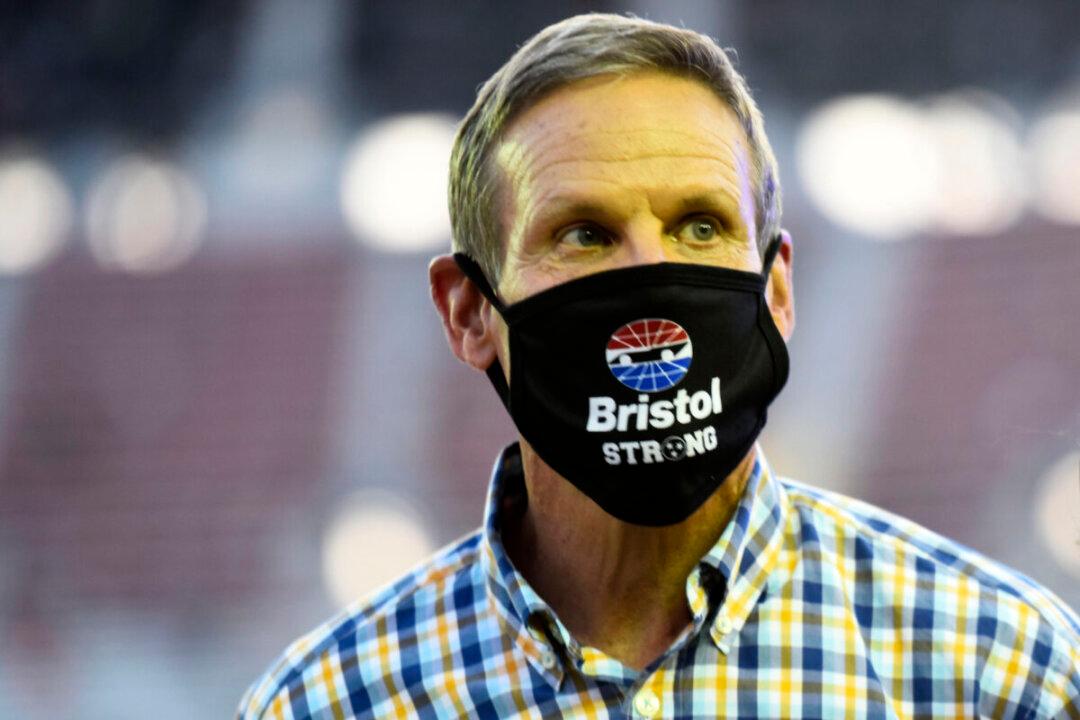A federal judge on Sept. 17 temporarily blocked the implementation of Tennessee Gov. Bill Lee’s executive order, which allowed parents to opt children out of wearing masks in schools.
The judge blocked Lee, a Republican, from enforcing his order in Shelby County and directed Shelby officials to enforce the county’s health orders without exception.





